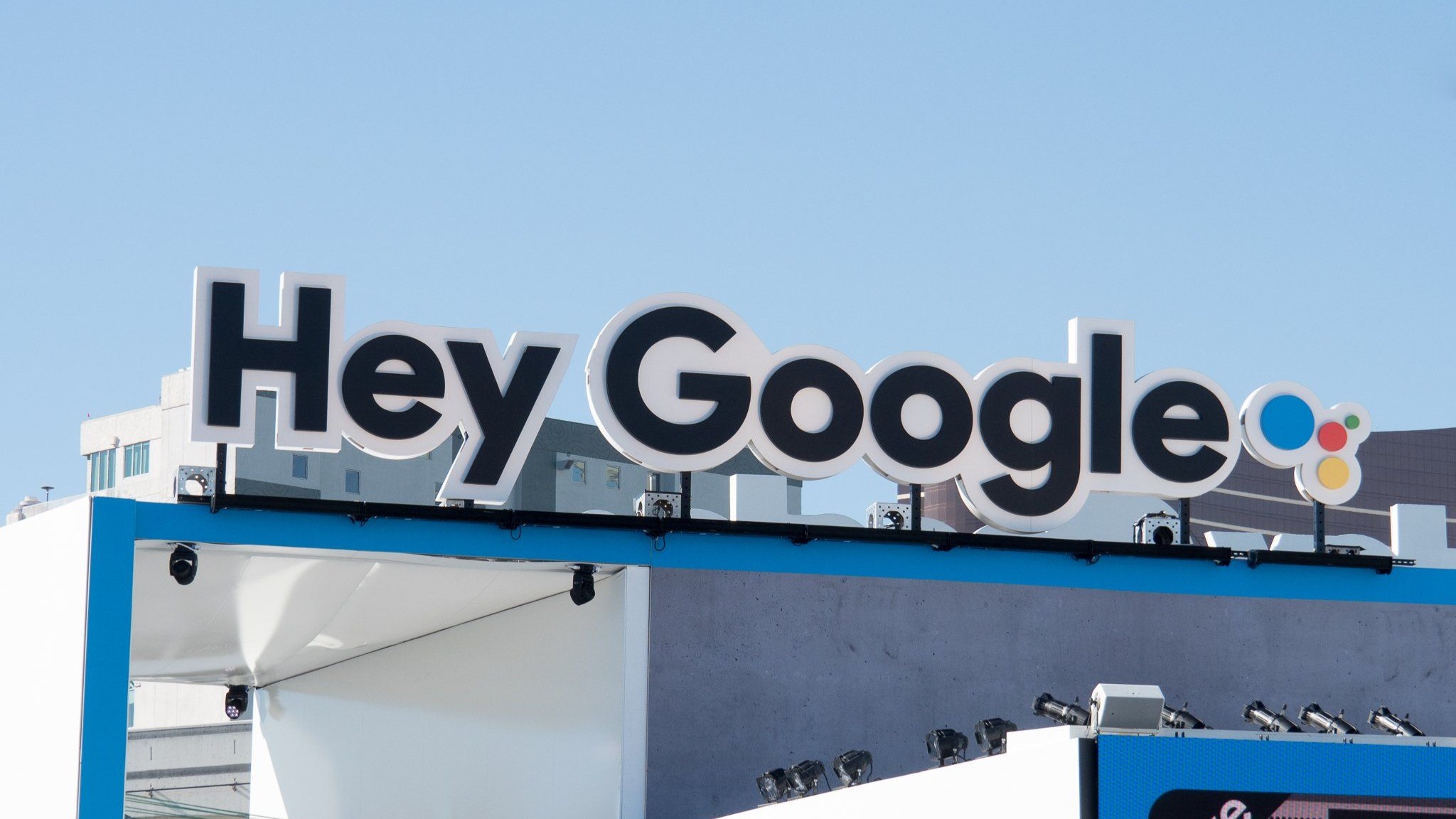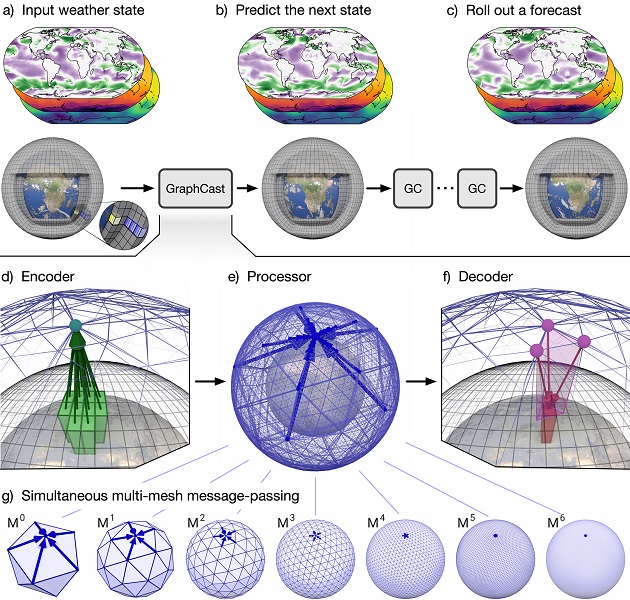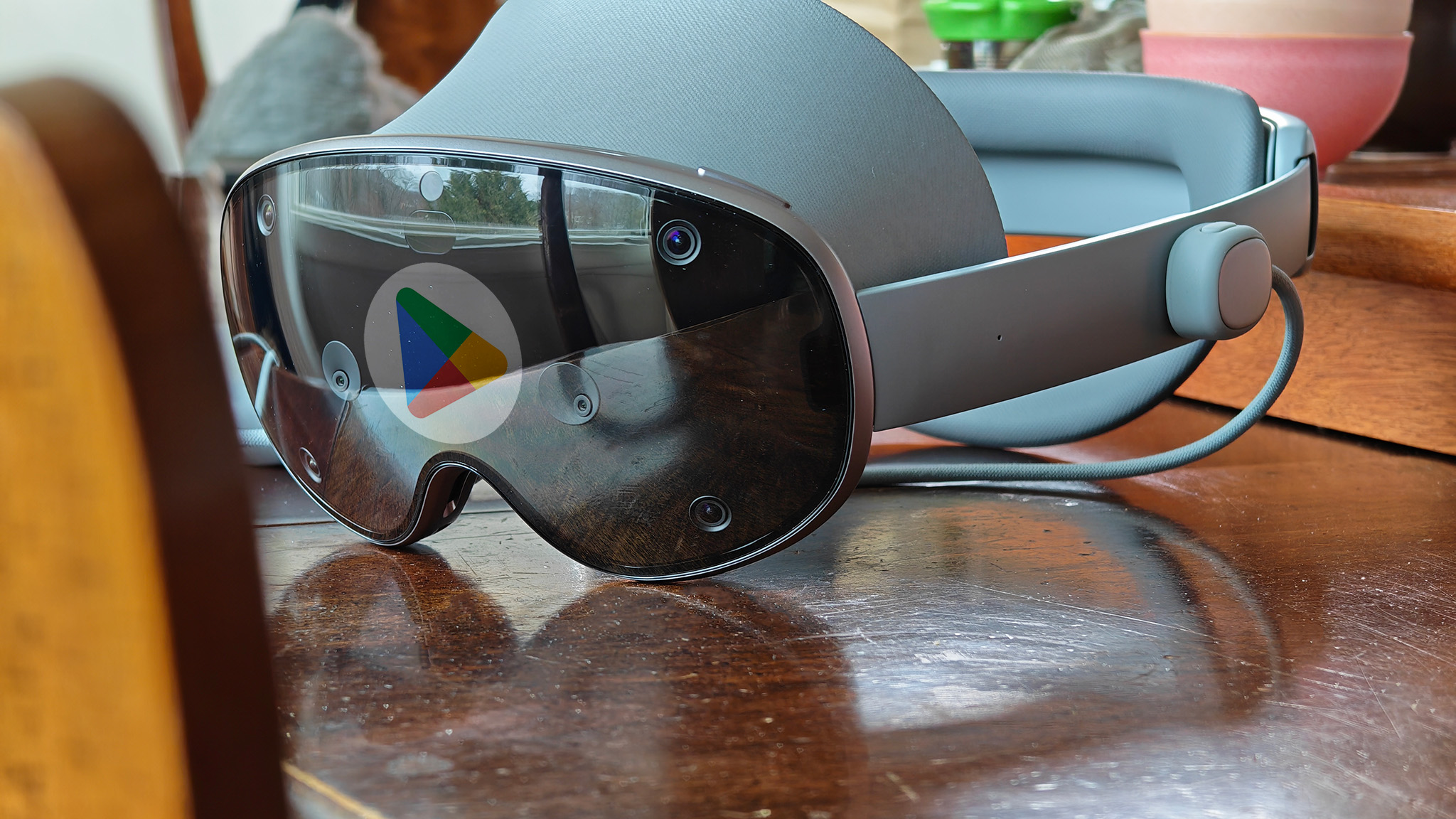Google's AI model 'GraphCast' is surprisingly good at predicting the weather
Accurate and fast, but more work is to be done.

Get the latest news from Android Central, your trusted companion in the world of Android
You are now subscribed
Your newsletter sign-up was successful
What you need to know
- A published study states Google's AI model, "GraphCast," can predict the weather faster and with more accuracy than the standard European model.
- Google's version is said to provide weather predictions in a matter of seconds whereas the European model can take over an hour.
- Not everyone is impressed as some researchers suggest the early results do not cement the reliability of an AI-based model.
Knowing the weather is important, which is why Google is entering the space with a new AI-based model that is apparently turning heads.
According to a recently published study by Science, Google's new AI model for predicting the weather is outperforming the world's current standard known as the "European model" (via The Washington Post). Research showed that Google's version was more accurate in predicting harsh weather events like hurricanes and the daily weather forecast.
The European model utilizes mathematical equations to create its predictions for the weather, thus consuming large amounts of computer power.
Google's DeepMind version, "GraphCast," gathers a sheer amount of historical weather data as "training" before spitting out its prediction for what tomorrow could hold. The company trained the model using 39 years of historical data from 1979–2017. The process is said to be much lighter on computer power and is something that could be done in a matter of seconds.
To achieve such a short prediction time, the study states that GraphCast takes a look at the current weather and within the prior six hours to predict what's in store six hours into the future. A traditional model was said to take over an hour to create such a prediction.
The creators of the model believe that this "has the potential to improve forecast accuracy by capturing patterns and scales in the data which are not easily represented in explicit equations."

Still, traditional models are more adept at foreseeing events with multiple parameters and even nailing some minute details, and the creators behind GraphCast hope to "complement" and "assist" rather than replace.
Get the latest news from Android Central, your trusted companion in the world of Android
Alphabet's CEO Sundar Pichai announced the creation of a new team geared toward furthering its AI technology back in April. The new team, dubbed Google DeepMind, would serve as the powerhouse behind many of Google's next-gen products that arrive with AI enhancements such as the Pixel 8 Pro. Pichai was confident that the merger of Google's Brain and DeepMind teams could push the company into the future with "powerful, multimodal AI models."

Nickolas is always excited about tech and getting his hands on it. Writing for him can vary from delivering the latest tech story to scribbling in his journal. When Nickolas isn't hitting a story, he's often grinding away at a game or chilling with a book in his hand.
